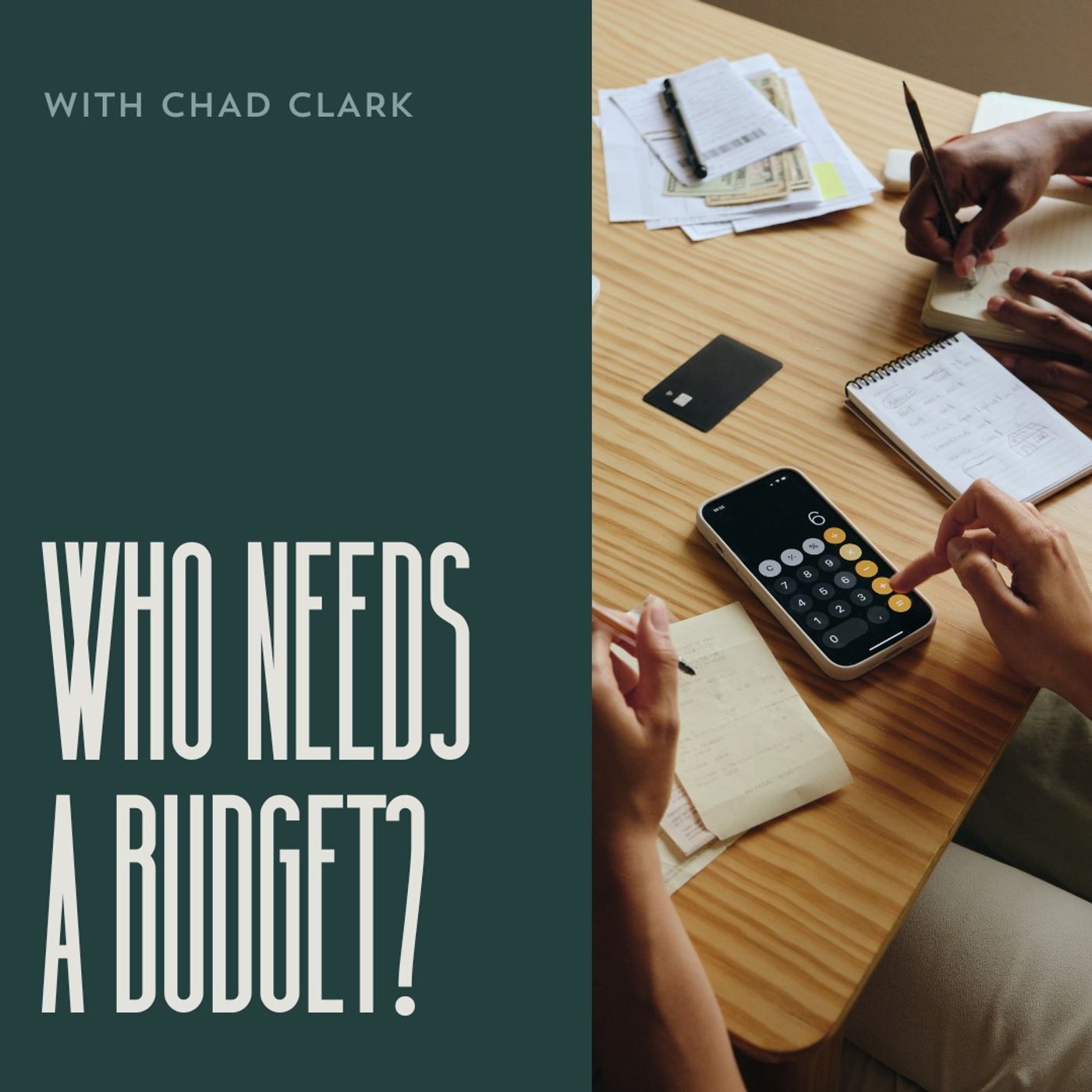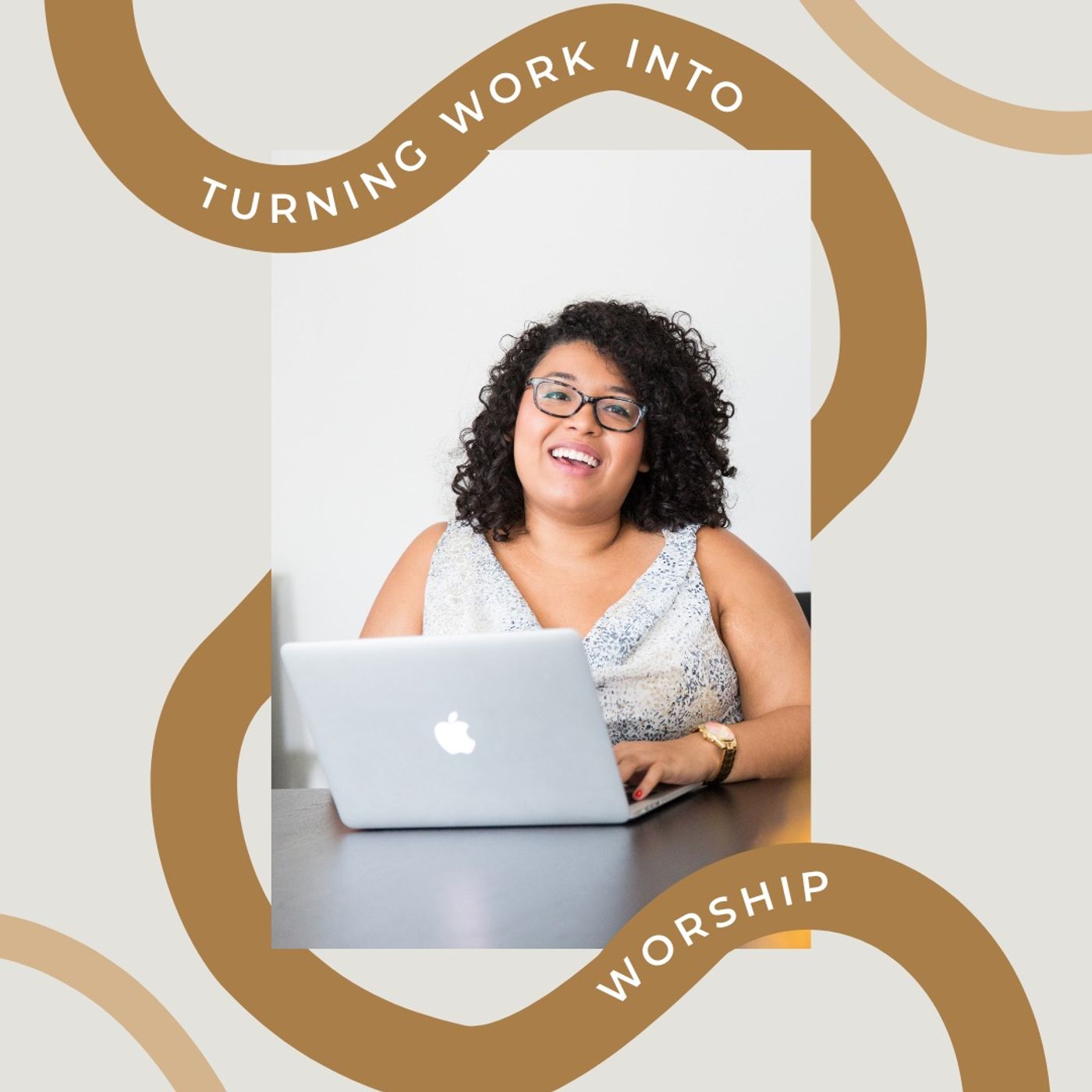Know Your Closing Costs
Faith & Finance with Rob West
You’ve saved up your downpayment and found the perfect house to buy. But have you considered closing costs? They’re really the first big expense you’ll have with home ownership. Which can you negotiate, and which are set in stone?

Show Notes
You’ve saved up your downpayment and found the perfect house to buy. But have you considered closing costs?
They’re really the first big expense you’ll have with home ownership. Which can you negotiate, and which are set in stone?
The Hidden Costs of Homebuying: What You Need to Know About Closing Costs
Buying a home is an exciting milestone, but amidst the thrill of owning your first house, it’s easy to overlook the long list of closing costs that come with it. Many people think that because these costs are often rolled into the mortgage, they don’t need to worry about them. However, understanding and negotiating these costs can save you a significant amount of money in the long run.
For a typical mortgage, closing costs usually range between 3% to 6% of the mortgage amount. Let’s break it down with an example. Suppose you borrow $250,000 at 6.5% interest on a 30-year loan. Your monthly payment would be around $1,580. If your closing costs are on the higher end—say $15,000—and you roll them into your mortgage, you’re now borrowing $265,000 instead of $250,000. This increases your monthly payment by $95, leading to an additional cost of over $34,000 over the life of the loan.
In short, closing costs matter. Being aware of them and negotiating where possible is crucial.
Negotiable Closing Costs
Some closing costs come with wiggle room, meaning you can negotiate them down. Here are a few:
You Might Also Like

January 16, 2026
Delighting in God’s Provision
Sometimes we make conscious mistakes with our money, sometimes they’re unintentional. Either way they can be hazardous t...

January 16, 2026
Who Needs a Budget? with Chad Clark
“Precious treasure and oil are in a wise man’s dwelling, but a foolish man devours it.” - Proverbs 21:20 Scripture hig...

January 15, 2026
Turning Work Into Worship
Work doesn’t always feel meaningful. Some days it’s routine, exhausting, or unnoticed. But Rob West reminds us that Scri...